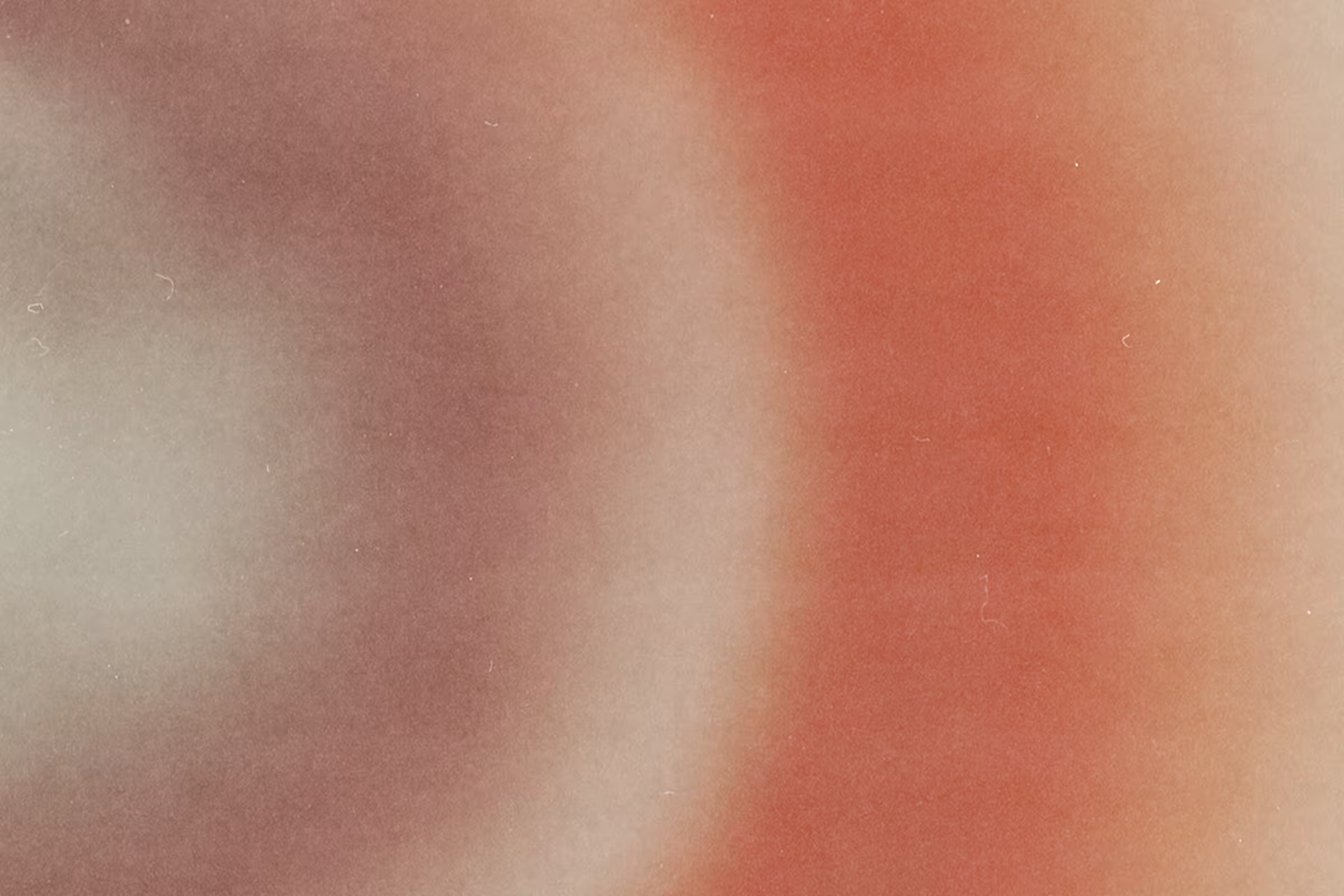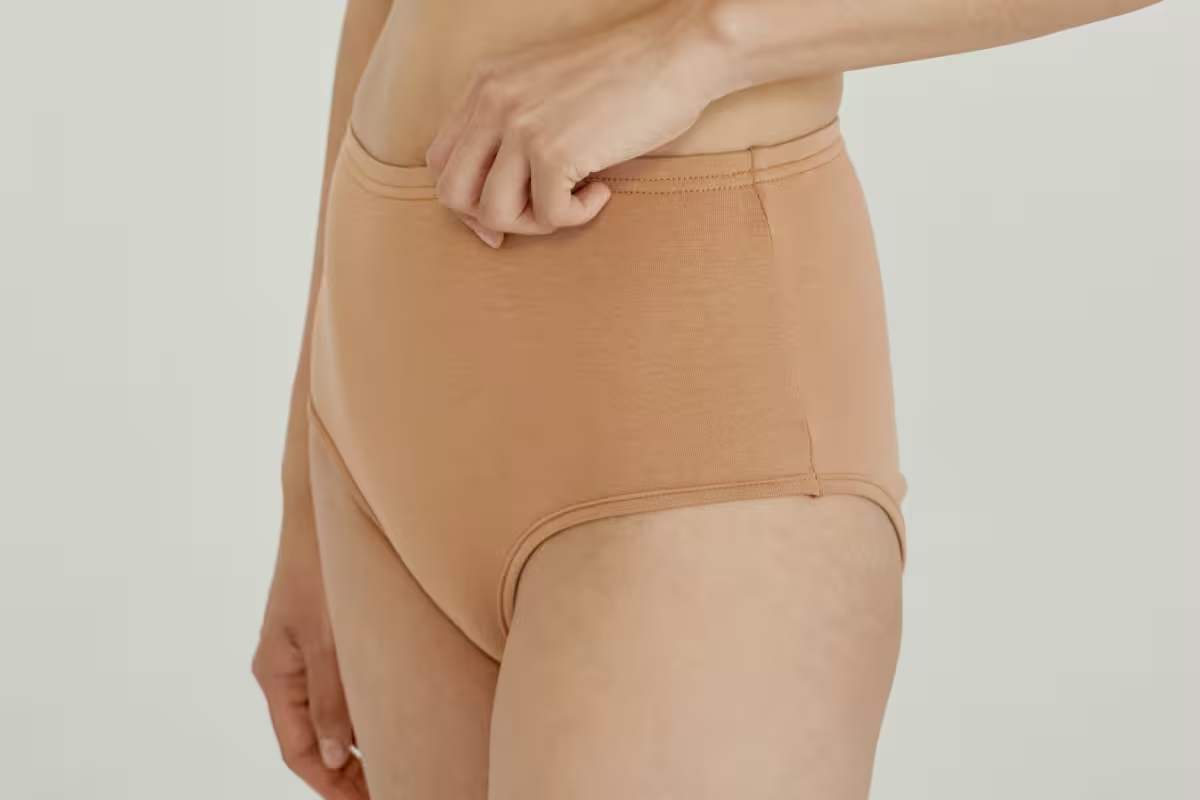

Fact Check: Do Period Products Affect Vaginal Health?
We look at how period products affect the vaginal microbiome and fact-check the available evidence on whether period products can be harmful to your vaginal health.
Words by Olivia Cassano
Scientifically edited by Dana Alloy
Medically reviewed by Dr. Christine Vo, MD

Highlights from this article:
- Menstruation can impact the ecosystem within the vaginal microbiome.
- Research shows that a healthy microbiome can protect against TSS, while imbalances in your vaginal microbiome may increase the risk of experiencing TSS.
- Tampons and menstrual cups don’t cause TSS, but they can increase your risk of developing TSS.
- Science hasn’t figured out whether certain period products are better for your vaginal microbiome. The best period product is one that works for you and you’re comfortable using!
- When it comes to period care, the biggest threat to vaginal health is a lack of access to period products - something we all should be advocating for.
People with periods rely on menstrual products every month, and whether you use tampons, pads, period underwear, or menstrual cups, chances are you’ve heard at least one horror story about them being harmful to your health.
Whether it’s that tampons cause toxic shock syndrome (TSS) or that pads and menstrual underwear contain cancer-causing chemicals, there’s no shortage of scary claims about the safety (or lack thereof) of menstrual products.
We worked with PERIOD. to look at how period products affect the vaginal microbiome and fact-checked the available evidence on whether period products can be harmful to your vaginal health. Have a read below!
Periods and the vaginal microbiome
Before we get into period products themselves, let’s explore what’s going on in your vaginal microbiome during your period.
As you might know, the vaginal microbiome is the complex ecosystem of microorganisms, including bacteria and fungi, that live inside the vagina.
To date, scientists have understood a healthy vaginal microbiome as one dominated by a protective kind of bacteria called lactobacilli. Lactobacilli help make the vaginal environment acidic, ensuring that it is less hospitable for potential pathogens to colonize.
Research has shown that changes in hormones throughout the menstrual cycle can cause a temporary shift in the vaginal microbiome. Since period blood is more alkaline, the presence of menses can also affect the balance of lactobacilli and your vaginal pH. So if you’ve ever noticed a slight uptick in vaginal symptoms around your period, it’s not in your head!
A healthy vaginal microbiome is resilient to changes such as hormonal fluctuations and sexual activities, and for many people with vaginas the vaginal microbiome remains stable through their menstrual cycle. However, for those who are more prone to dysbiosis, some studies find levels of disruptive bacteria like Gardnerella vaginalis can increase during the menstrual phase (aka your period) — putting you at higher risk for vaginal infections. If you’ve ever had to deal with BV right after your period, know that you’re definitely not alone.
Testing with Evvy can provide insights into both how resilient your microbiome is to these changes as well as how your individual microbiome changes at different points of the menstrual cycle.
But can period products themselves actually affect the vaginal microbiome?

Recurrent symptoms? Get Evvy's at-home vaginal microbiome test, designed by leading OB-GYNs.
Tampons and toxic shock syndrome (TSS)
If you’ve ever used a tampon or left one in for too long, you’ll be familiar with the looming threat of TSS.
TSS became synonymous with tampons in the 1980s when a super-absorbent brand of tampons called Rely caused hundreds of cases of TSS and was promptly removed from the market. Since then, the FDA has implemented much stricter manufacturing standards for tampons and other period products. Today, the incidence of TSS is about 1 in every 100,000 women.
Many people think tampons cause TSS but that’s not the case. TSS is a rare but very dangerous bacterial infection that happens when the bacteria Staphylococcus aureus and Streptococcus pyogenes multiply and produce a toxin called toxic shock syndrome toxin-1 (TSST-1). Anyone can get TSS, regardless of gender and whether they use tampons or not — and although tampons don’t directly cause TSS, wearing them longer than the recommended period might increase your risk.
Luckily, your vaginal microbiome is capable of defending itself against pathogens to prevent infections. Research suggests a healthy vaginal microbiome can protect you from TSS, and protective bacteria called lactobacilli have been shown to hinder the growth of S. aureus as well as produce molecules called cyclic dipeptides that suppress TSST-1. (Pro tip: by testing with Evvy, you can check your own levels of lactobacilli vs. potential pathogens in your microbiome!)
One clinical study looked at the relationship between the vaginal microbiome and the likelihood of developing menstrual toxic shock. It found that women with a healthy microbiome as well as those with BV bacteria were able to suppress TSST-1.
However types of bacteria related to aerobic vaginitis (AV)-like Streptococcus and Enterococcus — which are commonly found alongside Staphylococcus bacteria — did not inhibit TSST-1, suggesting that having AV may pose a higher risk for developing menstrual TSS.
The reason why tampon use is linked to TSS remains undetermined, but one theory is that tampons can act as a breeding ground for Streptococcus and Staphylococcus bacteria. These bacteria can also potentially form a biofilm, a protective mechanism that allows these bacteria to persist and increase in the vaginal microbiome. Anything left in the vaginal canal for too long can increase your risk of TSS.
Are pads and menstrual cups safer for your vagina?
Since tampons get such a bad rap, many people think other period products — like menstrual cups, pads, and period underwear — are better for your vaginal health. Is that true?
There is no known link between pads and TSS. However, aside from this rare condition, there are no great studies to prove that one is better for your microbiome than the other. Yet, fragranced sanitary pads have been shown to cause vulvar dermatitis, so it’s a good idea to avoid any scented pads or liners to prevent irritation.
Although some studies consider menstrual cups a risk factor for TSS, a systematic review and meta-analysis concluded that menstrual cups are a generally safe option. That being said, menstrual cups need to be rinsed with water and regularly sterilized, so if you don’t have access to a clean bathroom with running water it could potentially increase your risk of infection. According to Water Aid, 72 million people around the world have to manage their periods without a decent toilet.
TL;DR: for the time being, studies haven’t figured out whether some period products are better or worse for the vaginal microbiome.
Do period products really contain toxic chemicals?
In the last few years, there’s been a growing concern that period products contain harmful chemicals that can enter your bloodstream, like dioxins, endocrine disruptors, carcinogens, and even asbestos. Is the concern legitimate? In short, there isn't concrete evidence to back up these claims.
The FDA classifies pads and tampons as Class II medical devices, which means manufacturers have to submit a detailed risk assessment of their product to the FDA before going to market. However, products classified as medical devices aren’t legally required to disclose ingredients on their packaging, which many female health and consumer advocacy groups find worrying.
Currently — aside from the risk of TSS — there is little evidence that tampons are harmful to your body or put you at higher risk of vaginal infections. One small study investigated the effect of tampons on the vaginal microbiome and found no evidence that tampons changed the vaginal microbiome.
Another study looked at the exposure to dioxins through the use of period products and concluded that “although dioxins are found in trace amounts in both cotton and pulp sanitary products, exposure to dioxins through tampons and diapers does not significantly contribute to dioxin exposures in the United States.”
For the time being, there’s no conclusive evidence on whether the ingredients in period products pose a risk to vaginal or reproductive health. Mainly because it hasn’t been researched very much, and you can thank the gender research gap for that.
People with periods deserve access to safe menstrual care, but until scientific bodies fund large-scale research we simply can’t say whether or not tampons, pads, and any of the ingredients actually pose a threat to our health.
What we do know, however, is that not having consistent access to period products poses a greater risk to your vaginal health than any individual pad or tampon might.
Period poverty and vaginal health
While the validity of concerns over the safety and ingredients in period products remains to be determined, one thing is certain: not having access to adequate period products, or having to wear them longer than recommended, has been shown to increase the risk of infections.
When it comes to choosing the “best period” product for your body, what matters is choosing an option that helps you manage your period comfortably — a basic right that, unfortunately, not everyone is afforded.
People who menstruate rely on period products every month, but the reality is that millions of women and girls around the world don’t have regular access to pads or tampons, often having to rely on makeshift, unsafe solutions — like old rags, socks, or scraps of paper.
Research by PERIOD. conducted in 2021 revealed that nearly one in four students have struggled to afford period products in the United States, and 51% of students have worn period products for longer than recommended. In some cases, limited access to period products, or prolonged use of the same pads or tampons can cause infections and even increase the risk of TSS.
We all have a right to adequate period care, so on top of advocating for safe tampons and pads, we should be fighting for accessible period products for everyone.
How to best care for your vaginal microbiome on your period
We all experience periods differently, so the right period product for you depends on your flow, lifestyle, budget, preferences, and access. For some people that may be tampons, for others, it may be pads or menstrual cups. Some Evvy community members feel like tampons are a trigger for infections, and although there aren't many scientific articles on this topic, it’s ok to listen to your body and avoid whatever period product makes you uncomfortable.
Regardless of which period products you decide to use, you can look after your vaginal health during your period in a few ways:
- Choose tampons that match your flow (don’t opt for more absorbent ones unless you have a heavy flow).
- Change your tampon every 4-8 hours.
- Change your pad every 3-4 hours (or more often if you have a heavy flow).
- Don’t wear your menstrual cup for more than 12 hours.
- Avoid scented pads or liners.
- Thoroughly wash your menstrual cup between uses and sterilize it after each period.
- Change your period underwear as often as needed according to the level of absorbency.





